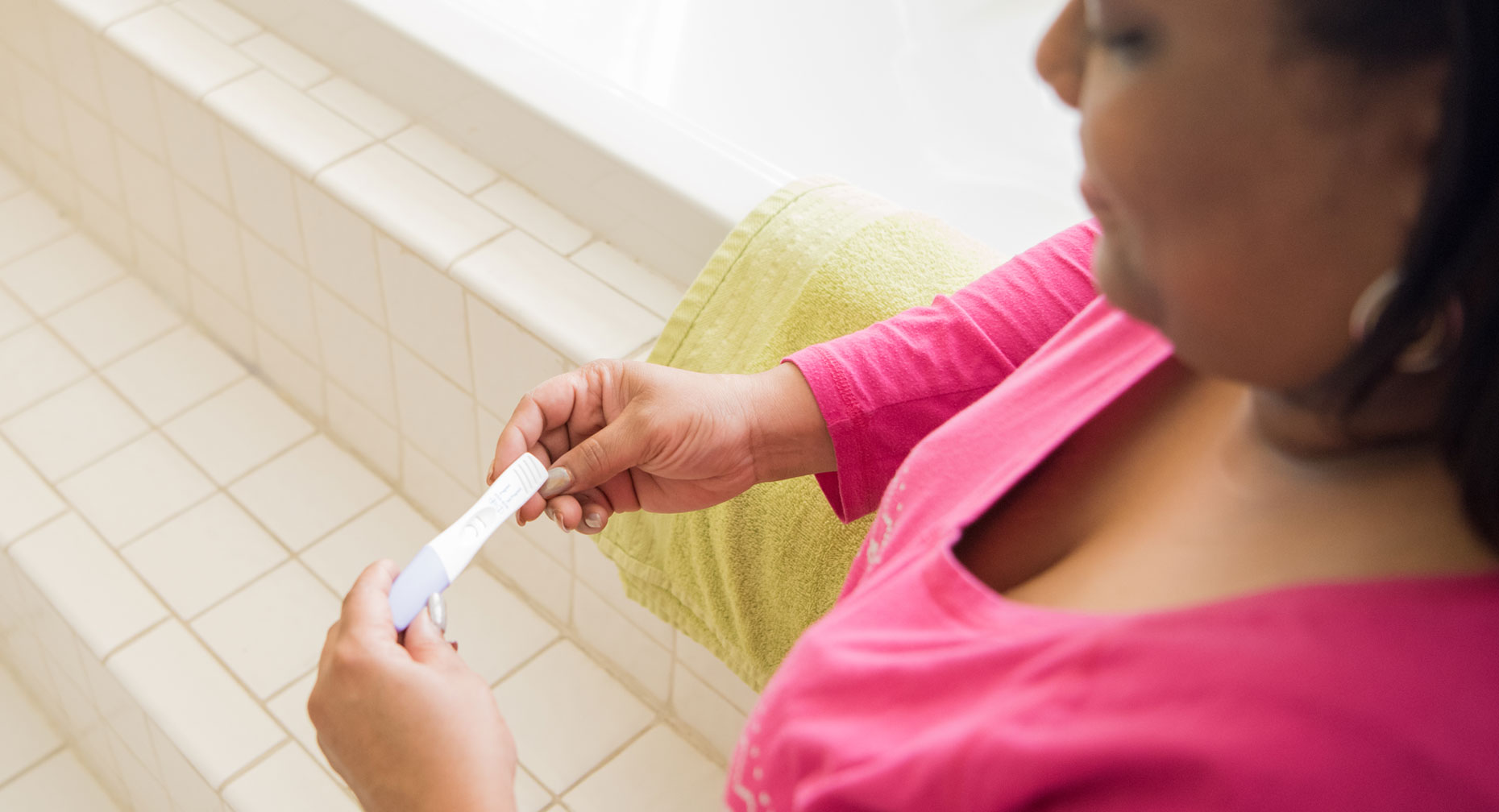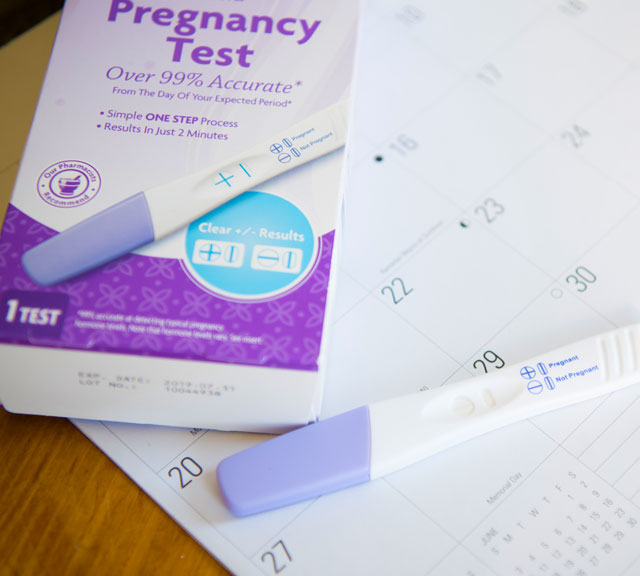Taking a Pregnancy Test? Here’s How to Ace It

Find Your Perfect Match
Answer a few questions and we'll provide you with a list of primary care providers that best fit your needs.
The moment a woman discovers she is pregnant may be one of the most important moments in her life. Every woman and every situation is different, so that moment may be filled with excitement, apprehension or both. But there’s one thing that shouldn’t interfere with this moment, and that’s an inaccurate pregnancy test reading.
There is more than one way to test for pregnancy. Both at-home pregnancy tests and blood tests given in a doctor’s office can yield accurate results if performed correctly.
Resist the urge to test even one to two days before the first day of your missed period.
Tips for Test Accuracy
How can I make sure that my at-home pregnancy test is accurate?

If you are actively trying to conceive, make it a point to track your menstrual cycles. This will ensure a more accurate understanding of when the first day of your next period should start and whether it is a good time to test.
Test when you first wake up. Take your pregnancy test first thing in the morning. That’s when a woman’s urine is at its highest point of concentration, which makes it more likely that the test will detect hormone levels in your urine.
Check the expiration date. Home pregnancy tests can expire. All of the package labeling should have an expiration date listed on it. If you use a test after the expiration date, it may not be accurate.
Are At-home Pregnancy Tests Accurate?
If taken correctly, an at-home pregnancy test can detect pregnancy with 99 percent accuracy. However, sometimes women get a false negative result when they take a pregnancy test too early. A false negative result says that a woman is not pregnant, even though she is.
When is the Earliest That I Should Take a Pregnancy Test
The earliest a woman can test is the first day of her missed period. It’s at this point that an at-home pregnancy test can detect the presence of human chorionic gonadotropin (hCG), a hormone produced by pregnancy. In a normal pregnancy, the level of this hormone continues to rise.
Resist the urge to test even one to two days before the first day of your missed period. This is usually about two weeks after conception. In most cases, a woman should be able to receive an accurate reading if she times her at-home pregnancy test right.
What if My Test is Negative but I Still Think I Might Be Pregnant?
If you suspect you are pregnant, but you receive a negative reading on a home pregnancy test, contact your physician to be tested in the office. There are several reasons why a home pregnancy test would come up negative when a woman is, in fact, pregnant. The most common reason is that a woman may have tested too early, when the hormone level is not high enough to detect.
Find Your Perfect Match
Answer a few questions and we'll provide you with a list of primary care providers that best fit your needs.
Source: Office on Women’s health (OWH); American Pregnancy Association; Medline Plus




